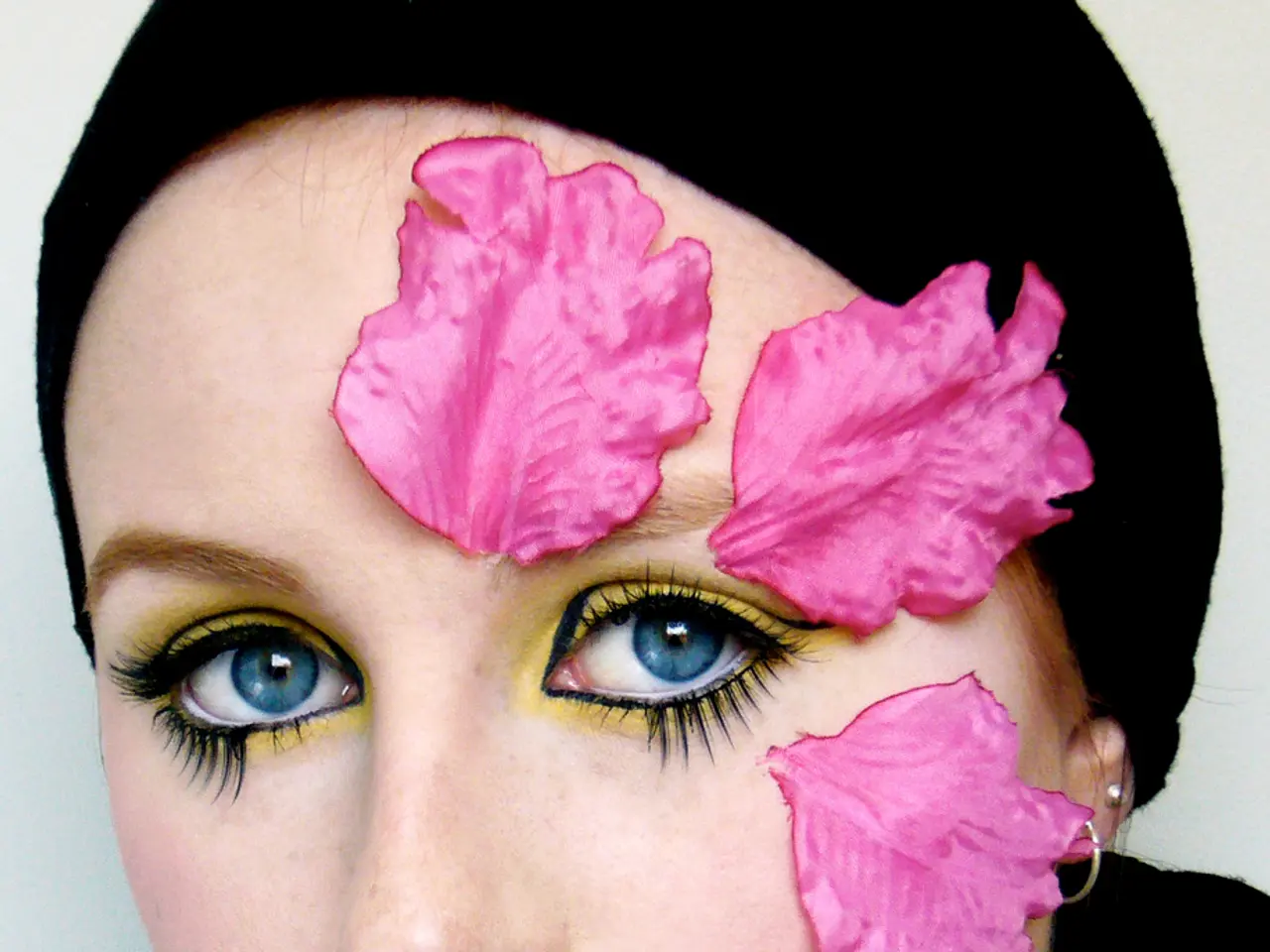Federal Court of Justice Discusses Advertisements Regarding Cosmetic Procedures: Before-and-After Images - Images showcasing transformations: BGH engages in negotiations regarding cosmetic treatment advertisements
In Germany, the advertising of before-and-after pictures for minimally invasive beauty treatments involving injectables like Hyaluron and Hyaluronidase is subject to strict regulations aimed at protecting consumers and ensuring truthful advertising.
These regulations stem from the German Medicines Advertising Act (Heilmittelwerbegesetz, HWG) and the rulings of the Federal Court of Justice (Bundesgerichtshof, BGH). The BGH regulates advertising for operative plastic-cosmetic interventions very strictly, with a focus on avoiding unjustified expectations and providing full disclosure of risks and complications.
For injectables, advertising is often regulated to avoid misleading claims. Pictures must be authentic, verifiable, and not give unrealistic expectations. Artistic enhancement or manipulation is generally forbidden. If the treatments are considered medical acts (injections by licensed physicians), advertising must not imply guaranteed outcomes or downplay risks.
In the case currently being heard at the Federal Court of Justice in Karlsruhe, the central issue is the interpretation of "operative plastic-cosmetic interventions" in the Medicines Advertising Act. The case involves minimally invasive treatments, such as injecting hyaluron or hyaluronidase into the face to soften wrinkles. The company's lawyer argues that such treatments are not performed by surgeons or with surgical instruments, and the risk is lower than that of a surgical procedure.
The Higher Regional Court of Hamm previously ruled in a successful decision that was appealed to the BGH. The lawyer for the Consumer Center argues that the purpose of the law is to protect consumers from health risks and dangers from medically unnecessary interventions. Advertising with before-and-after pictures is particularly suggestive, according to the lawyer for the Consumer Center. The BGH initially leaned towards upholding the ruling of the Higher Regional Court, which would mean the advertising would be prohibited. However, a final decision has not yet been made by the BGH.
These regulations are intended to ensure consumer protection against deceptive marketing or pressure to undergo cosmetic procedures. While the latest EU cosmetic regulations focus on ingredient safety and product standards, they do not directly govern advertising of these medical beauty treatments. Therefore, national laws like the HWG and court rulings are the primary legal sources.
If you need to advertise such treatments in Germany, it is advisable to consult a specialized legal expert in medical advertising law to ensure full compliance with these stringent requirements. A verdict was not yet reached on Thursday.
- The strict regulations in EC countries, including Germany, for advertising medical-related beauty treatments, such as vocational training in hyaluron and hyaluronidase injections, emphasize authentic representations to avoid misleading claims and provide explicit disclosure of risks and complications.
- In the realm of health-and-wellness and fitness-and-exercise, vocational training in the advertising of minimally invasive beauty treatments in Germany must adhere to the same rigorous standards as surgical procedures, ensuring consumers are protected from potential health risks and unrealistic expectations.







